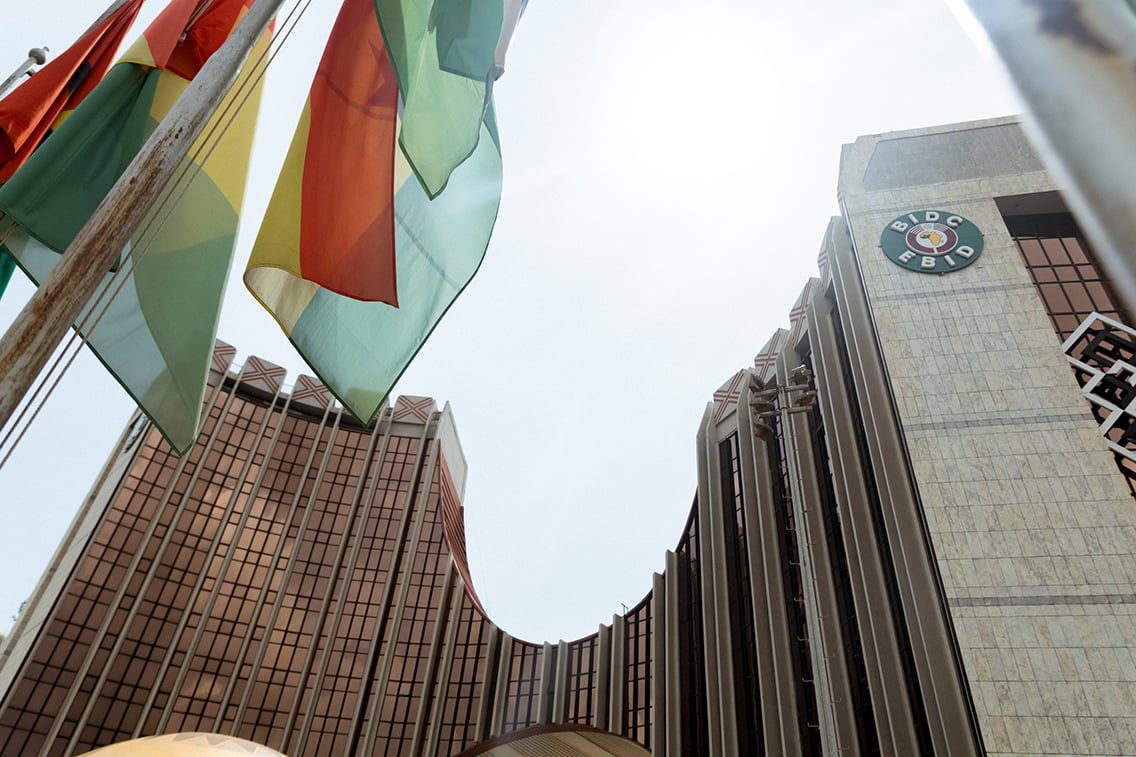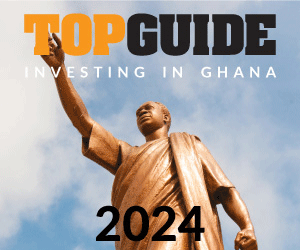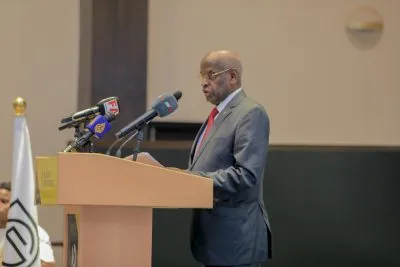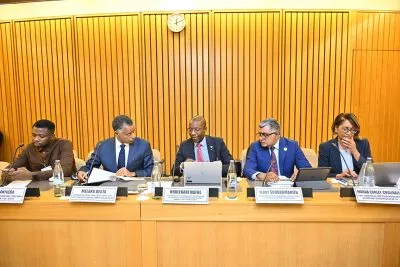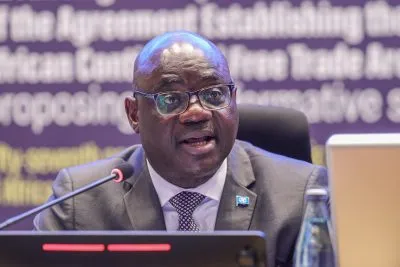This article was produced with the support of ECOWAS Bank for Investment and Development
During this session, the Board approved a total of XOF 117.4 billion and USD 62.7 million for four public sector projects in the areas of commerce, infrastructure and rural development. For the private sector, a credit line for EUR 20 Million was extended to Mansa Bank.
Two public sector projects were approved in Cote d’Ivoire totalling 117.4 Billion. The first project, in the amount of XOF 60.9 billion, is for the construction of 22 reinforced concrete bridges to enhance rural road connectivity for 10 districts across 8 of the Country’s most underserved regions. The second project financed by EBID to the tune of XOF 56.5 Billion, will support the building of ultramodern livestock abattoir facilities as well as a veterinary public health institute. The project, which is within the framework of the National Policy for the Development of Livestock, Fisheries and Aquaculture (PONADEPA 2022-2026), aims to improve food security in Cote d’Ivoire while expanding the livestock production sector to boost economic growth.
A third project was approved in Cote d’Ivoire, being a credit line of EUR 20 million to enable Mansa Bank to support SMEs and SMIs with the expansion of their operations within their role as the backbone of the economy.
The Board also approved a total of USD 62.7 Million for two key water infrastructure projects in the Republic of Guinea. For the first project, an amount of USD 28.4 million will go towards providing drinking water supply systems for the benefit of 205,204 people residing in the towns of Beyla, Fria and Koubia by 2035. The second project, in the sum of USD 34.3 million, will erect 150 boreholes equipped with hand pumps and deliver 100 drinking water supply systems in Upper Guinea and Forest Guinea, to improve living conditions for communities in those areas.
In closing the session, the President and Chairman of the Board of Directors, Dr George Agyekum Donkor, stated that these projects were core to the mission of the Bank, which is to accelerate socio-economic development and regional integration as a tool for job creation and poverty alleviation. He further emphasised the importance of developing infrastructure to create conducive business environments to stimulate economic recovery amid the challenges caused by recent global crises.
The newly approved commitments are aligned with the UN Sustainable Development Goals (SDGs), specifically SDG 2 – Zero hunger, SDG 6- Clean Water and Sanitation, and SDG 9- Industry, Innovation and Infrastructure. With these approvals, the Bank’s total commitments in the sub-region come to about USD 4.2 billion.


 Sign in with Google
Sign in with Google 